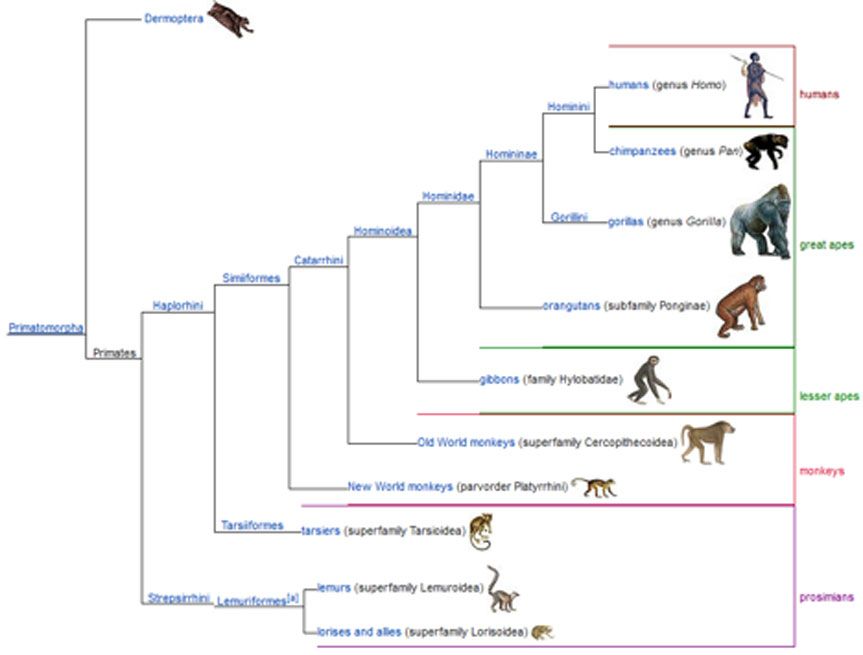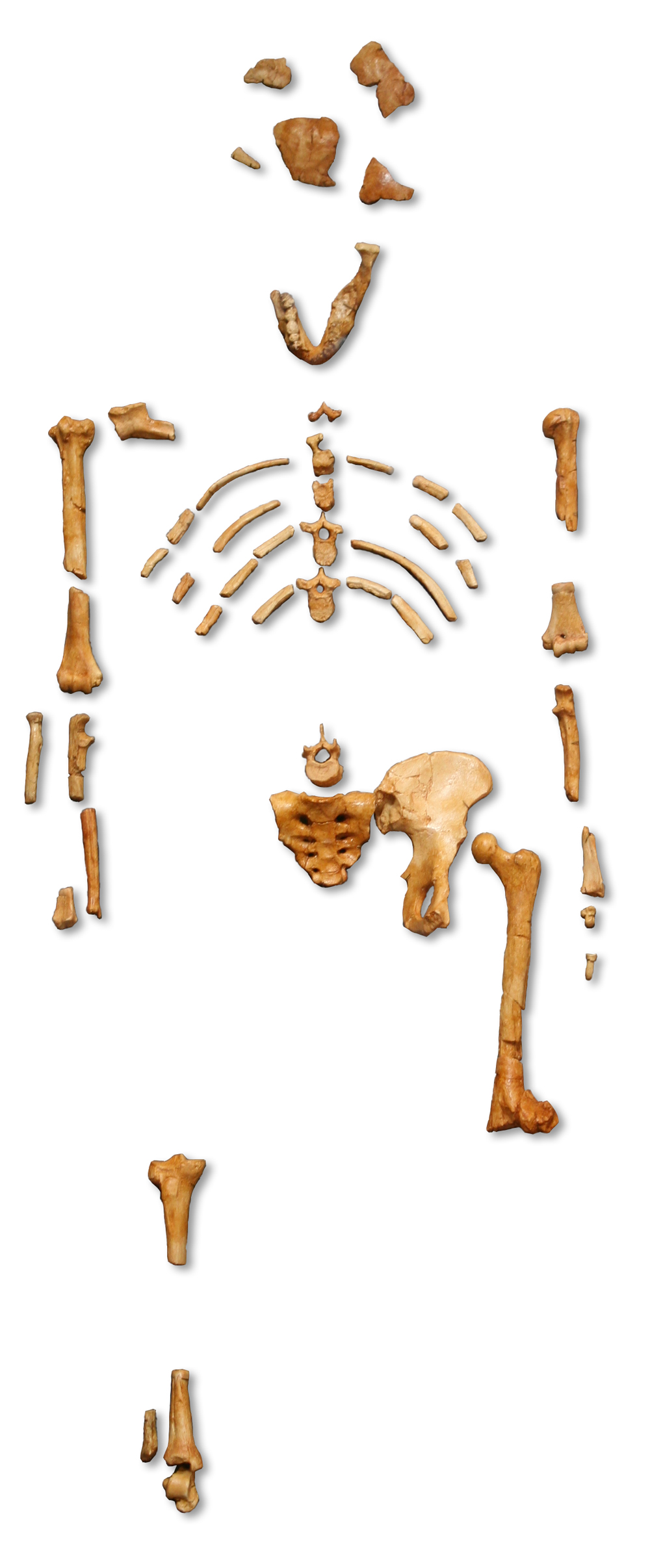Swammerdami
Squadron Leader
I just read this article, titled "Study uncovers first evidence of long-term directionality in origination of human mutation, challenging neo-Darwinism."
This is not the first such challenge I have seen; I am starting a thread in hopes that experts here can help me understand these topics better.
Here is a brief excerpt from the article:
This is not the first such challenge I have seen; I am starting a thread in hopes that experts here can help me understand these topics better.
Here is a brief excerpt from the article:
the rate of generation of the HbS mutation, which protects against malaria, is higher in people from Africa, where malaria is endemic, than in people from Europe, where it is not.
"For over a century, the leading theory of evolution has been based on random mutations. The results show that the HbS mutation is not generated at random but instead originates preferentially in the gene and in the population where it is of adaptive significance," said Prof. Livnat. Unlike other findings on mutation origination, this mutation-specific response to a specific environmental pressure cannot be explained by traditional theories.



